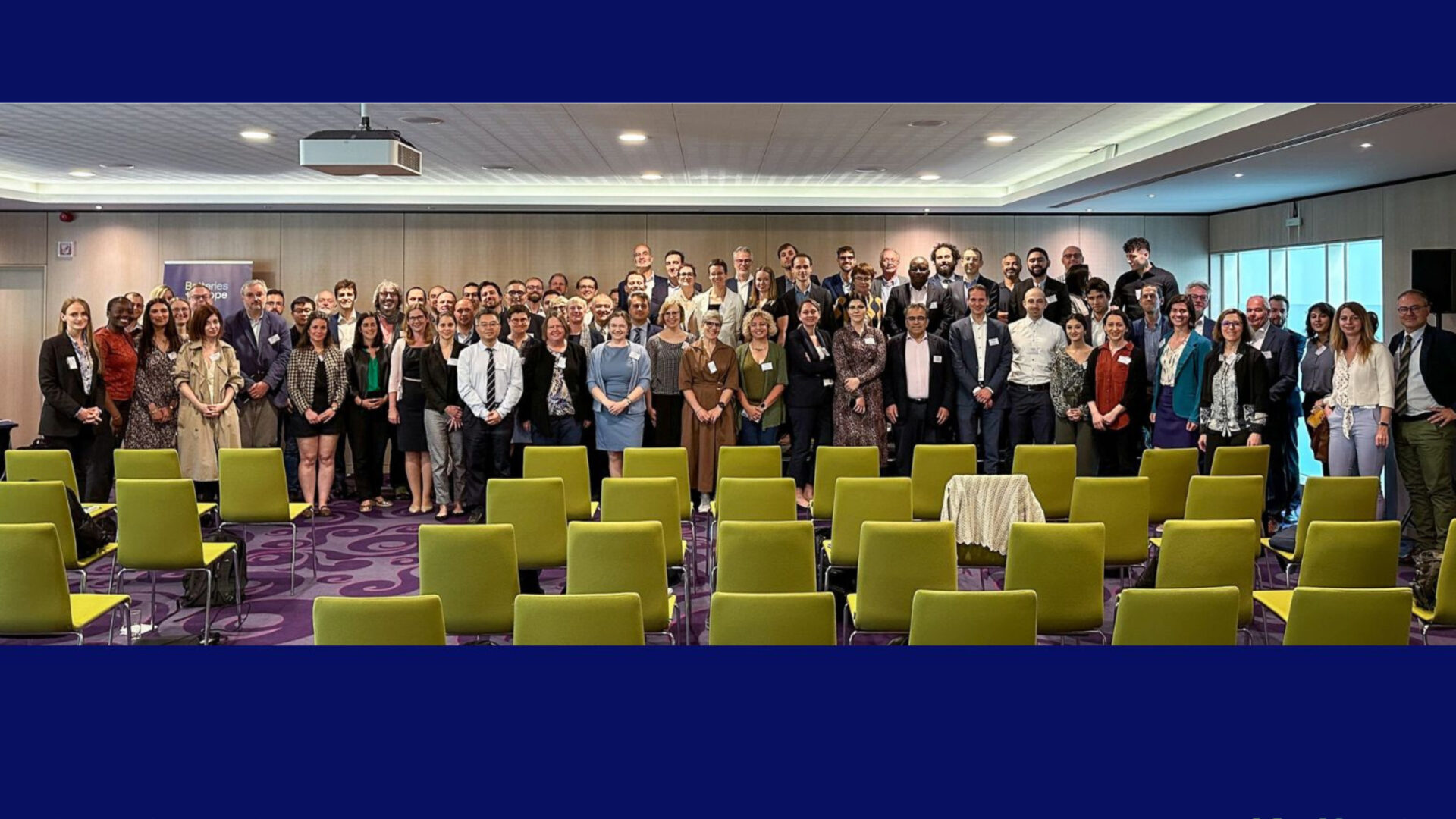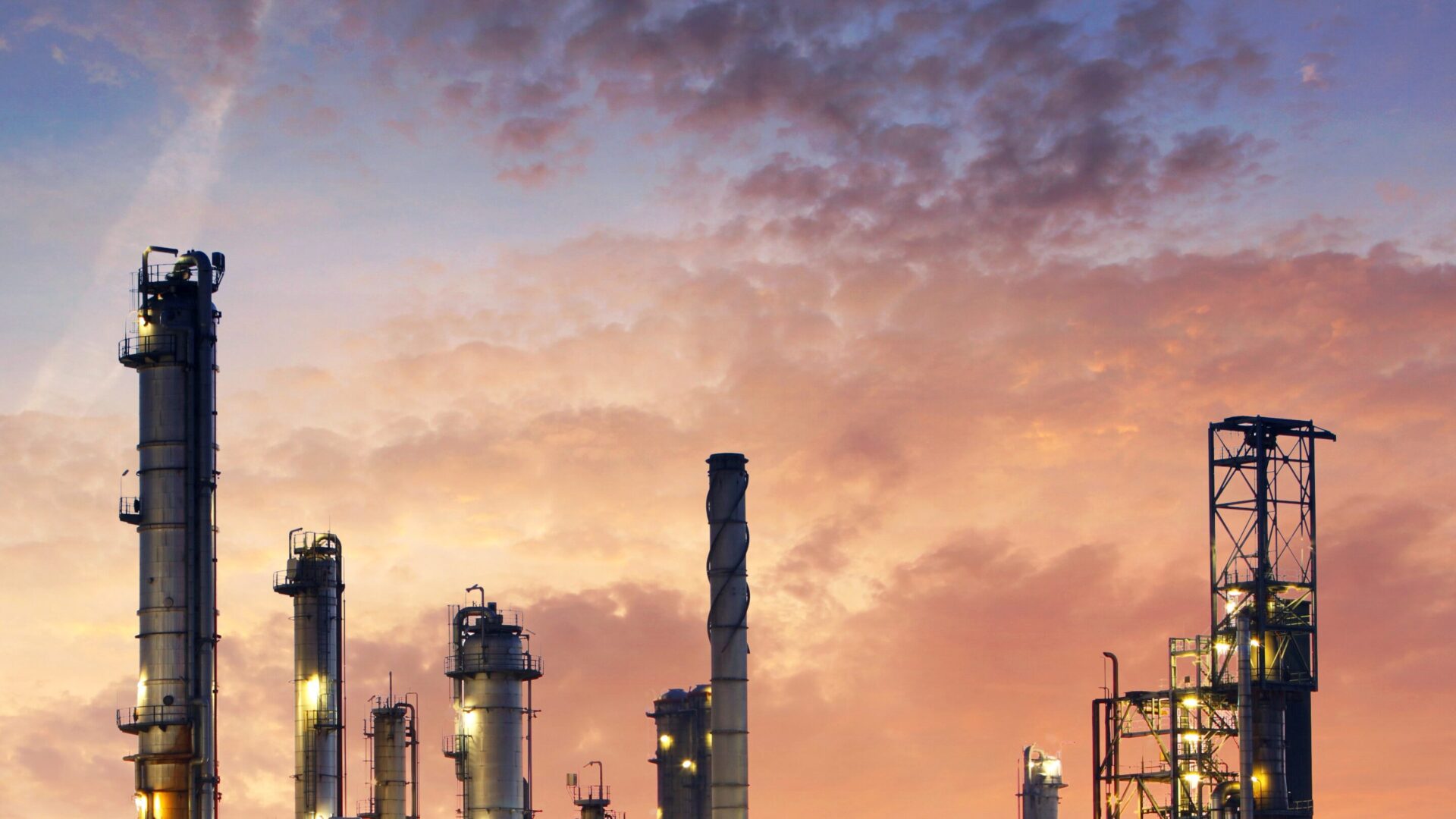“Investment in large scale manufacturing of flow batteries is urgently required to support the deployment of large scale, long duration energy storage if carbon emission reduction targets are to be achieved” says Kees van de Kerk, President of Flow Batteries Europe (FBE).
Responding to the UK government’s call for evidence on facilitating the deployment of large-scale and long-duration electricity storage (LLES), Mr van de Kerk, pointed out that Flow batteries are already deployed for LLES with numerous environmental and safety benefits, including:
- Flow batteries can be built using low-cost and readily available materials;
- Many parts of the battery can be recycled;
- Electrolytes can be recovered and reused, improving the circular economy and leading to lower costs of ownership;
- Flow batteries are one of the most sustainable storage solutions and are safer than any other conventional battery.
However, flow batteries, as other long-storage technologies, need adequate market provisions to ensure that they can be deployed along the energy system. For this reason, FBE was particularly glad to welcome the UK government’s aim to identify the key barriers to the deployment of more long-duration storage technologies. FBE would like to stress the importance of the following policy priorities:
- the definition of LLES should include not only the consideration of MWs and MWhs, but also the cyclability and endurance of the technology. Modelling of renewable energy projects suggests that long duration storage capacity, which is much greater than 4 hours, is required, and we propose that that LLES should be considered to have a minimum duration of 5 hours, and preferably more. In addition, to ensure the sustainability and longevity of an LLES solution, we recommend that additional consideration is given to its endurance capability: energy storage systems should deliver energy at it rated power for a minimum of 5 hours over a minimum if 10000 complete cycles.
- long-term energy storage projects should be established as a separate asset class, alongside generation, distribution & transmission, and consumption. Doing so would allow for a market price of capacity, as opposed to just a market price of power. Defining batteries as a separate asset class has allowed projects with long-duration natrium sulphur batteries in the Middle East to become financially feasible.
- far more investment in LLES is needed in Europe. FBE members concerns centre around the need to achieve large scale manufacturing in order to reduce costs to a competitive level. This is difficult to achieve when the market is heavily focused on short duration storage technologies. Investment in long-duration storage options is very important, as the capacity market is 8-10 times bigger than the power market. In addition, other countries around the world, such as China and the US, have already started investing in different LLES technologies.
- the development and deployment of LLES is vital to achieve the carbon emissions reduction targets set out by both the UK and the EU. Failure to take action now and to support the early deployment of LLES will delay the development of these technologies. Installing short duration storage options would mean that those assets would serve out their lifetime, and thus defer their replacement by LLES for an extended period, making it infinitely harder to decarbonise the energy system by 2050. By accelerating LLES and bringing investment forward would help prepare the manufacturing and materials supply chains, limiting the deployment of non-LLES conforming storage.
FBE remains open to a dialogue with policymakers and other interested stakeholders to help ensure that LLES technologies receive more attention and investment in the coming years.






